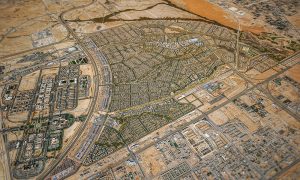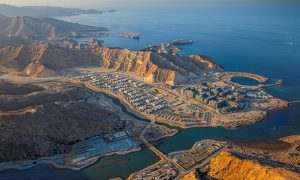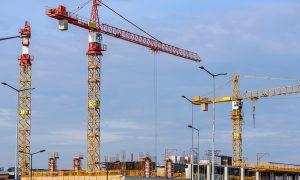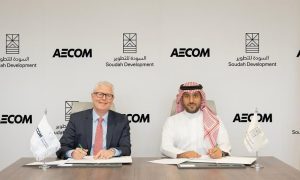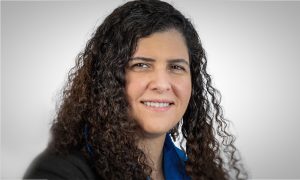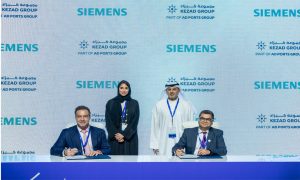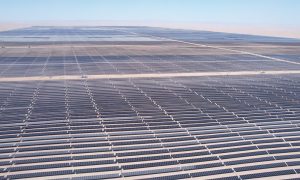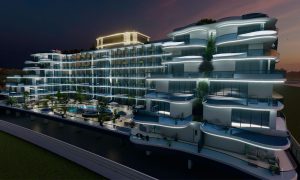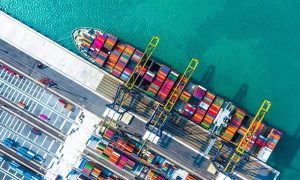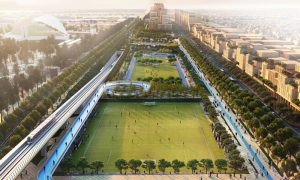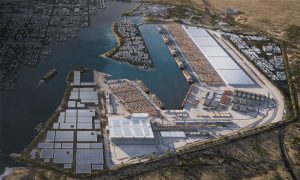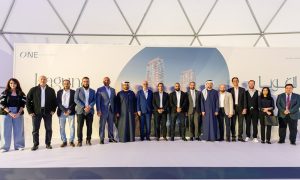Dubai Airports to leverage Siemens smart tech to cut energy consumption and costs
Initiative is part of Dubai Airports’ drive to limit the environmental footprint at its airports

Dubai Airports has announced that it will use Siemens’ smart building technology and data analytics to ensure energy savings of almost 20% per year. The technology will be used at Dubai Airports’ various facilities including Terminal 1, Terminal 2, Terminal 3 and Concourse B according to a report by WAM.
The project is expected to last seven years and by focusing on the facilities’ air and water systems, Dubai Airport says it expects to reduce carbon dioxide emissions by 25,000 tonnes. Additionally, it will also save approximately 50 gigawatt hours (GWH) of electricity and reduce water usage by 21m gallons.
Dubai Airports says that a tailor-made energy optimisation solution has been designed by Siemens for the project. It comprises a variety of components including sensors, intelligent controls, energy metering, variable frequency drives, panels and efficient water fixtures. The components will be integrated into the air and water systems to optimise air-handling units, chilled water system, fresh air plant and the secondary fresh air, supply and exhaust fan systems.
“Sustainability underpins our facility management strategy and these energy and water savings have the double benefit of limiting our environmental footprint and improving our bottom line. As longstanding partners, Siemens understands our business, our systems and has the expertise and technology needed to help us deliver our vision,” said Michael Ibbitson, EVP, Infrastructure & Technology at Dubai Airports.
Siemens will be responsible for the design, supply, installation, commissioning, maintenance, measurement, verification and guarantee of energy savings for seven years. The project was brought to fruition by Etihad ESCO, a venture that was launched in 2013 by Dubai Electricity and Water Authority (DEWA). In October 2017, Etihad ESCO signed an agreement with Dubai Airports for the retrofitting of Terminals 1, 2, 3 and Concourse B of Dubai International Airport.
“By optimising technical infrastructure at Dubai International and providing enhanced control and data analytics, we are able to guarantee significant resource savings with sustainable environmental and financial benefits. We recognise that Dubai Airports operates mission-critical infrastructure and we are committed to using technology and expertise to ensure it is functioning at its most efficient,” said Markus Strohmeier, senior EVP, Building Technologies, Siemens Middle East.
